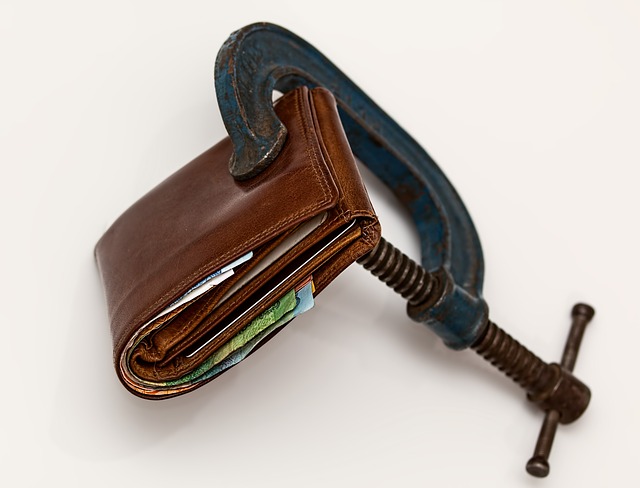The way of the world now is that more students are working to fund their studies. Some have part-time jobs but others are monetising blogs or becoming influence marketers. There is no end of ways students can make money to fund their studies. But then there are the tax issues. Here we answer some of the most common questions and concerns that students often have.

What is My Personal Allowance?
For the tax year 2018/19 (i.e., the one we’re in) the personal tax allowance is £11,850. That means you can earn up to this much before you pay any tax. Your status as a student doesn’t matter here. If you earn more than the threshold, you’ll be eligible to pay tax. A part-time job is highly unlikely to see you earning this much, but it’s certainly possible to do so when running a small business. It won’t be unusual if you have a website that you monetise effectively, for example.
I Have My Own Micro Business. What Next?
Make sure you claim everything you are entitled to claim as part of your small business’ expenses. That means you should be able to claim a proportion of the rent if working from home. Remember if you do register as self-employed while a student, you should not include non-taxable income such as grants or bursaries you might have received towards your study. If you’re also received Disability Living Allowance or Child Tax Credits, these too are non-taxable and need not be declared.

Can I Claim Back Overpaid Income Tax?
If you worked full time before going to university and paid PAYE averaged on the assumption that you’d be there for the whole financial year, then leaving in the autumn could mean you’d paid too much tax in that job. The good news is that HMRC will tell you that you’ve paid too much, but often around 18 months after the end of the financial year. If you can’t wait that long, you are able to claim it back earlier by applying direct to HMRC. They will check your records and offer a refund.
What’s the Best Way to Save Tax on My Savings?
If you’re fortunate enough to squirrel money aside from your earnings or had savings before you went to university that you’d rather not touch except in emergencies, there are ways of making tax advantages work for you. You are entitled to up to £1,000 every year of tax-free savings. This could change though and the system came in 2016. That’s for a standard savings account. But your best bet is to put it into an ISA where your tax-free saving is up to £20,000 every year. That’s right – no tax on interest earnt up to £20k.